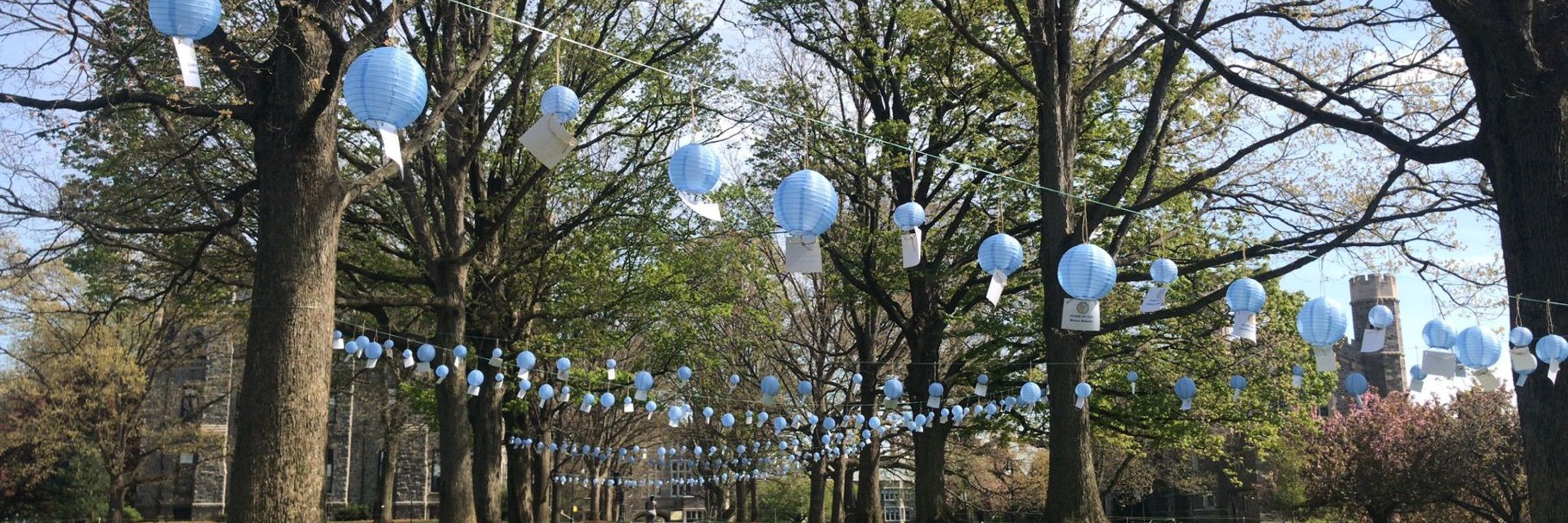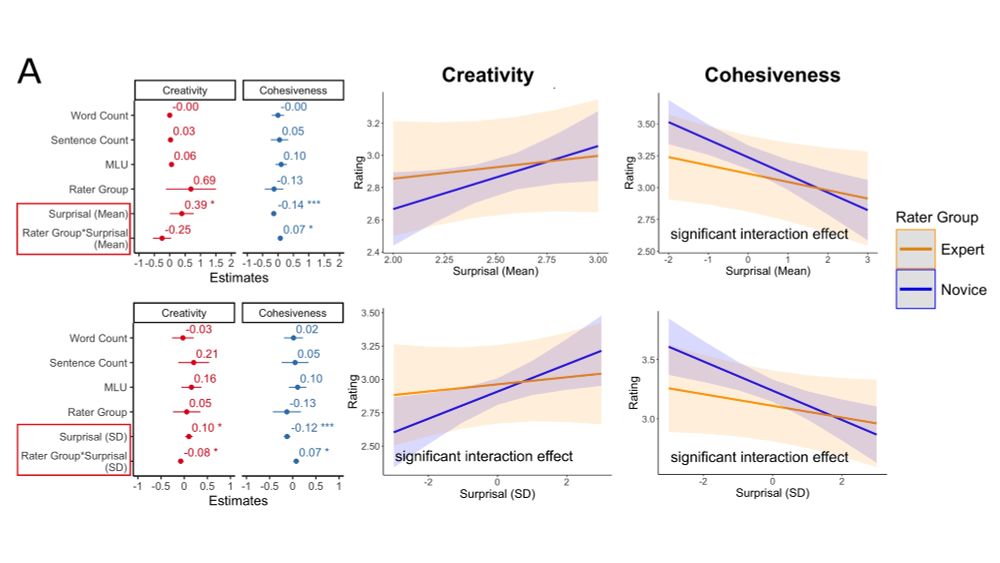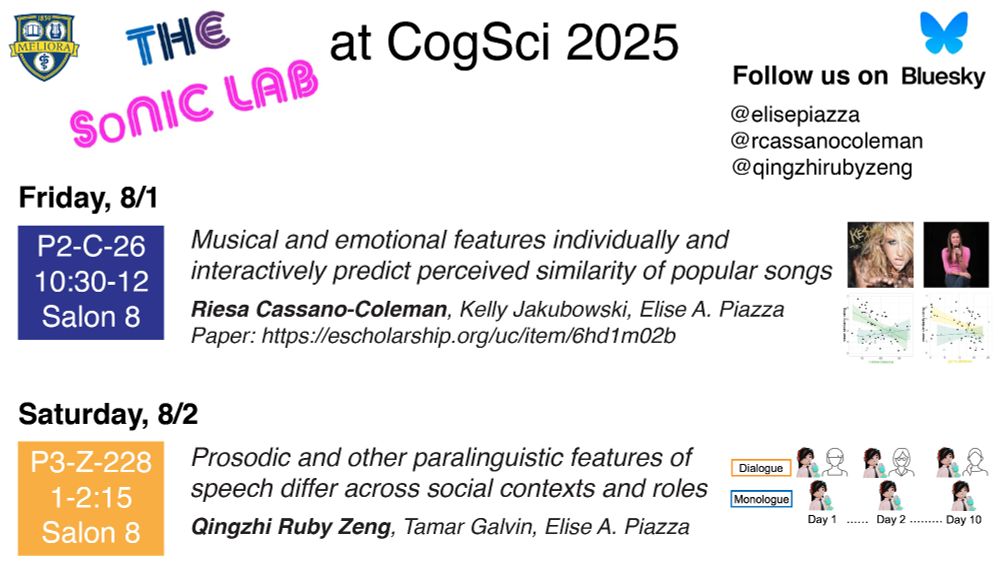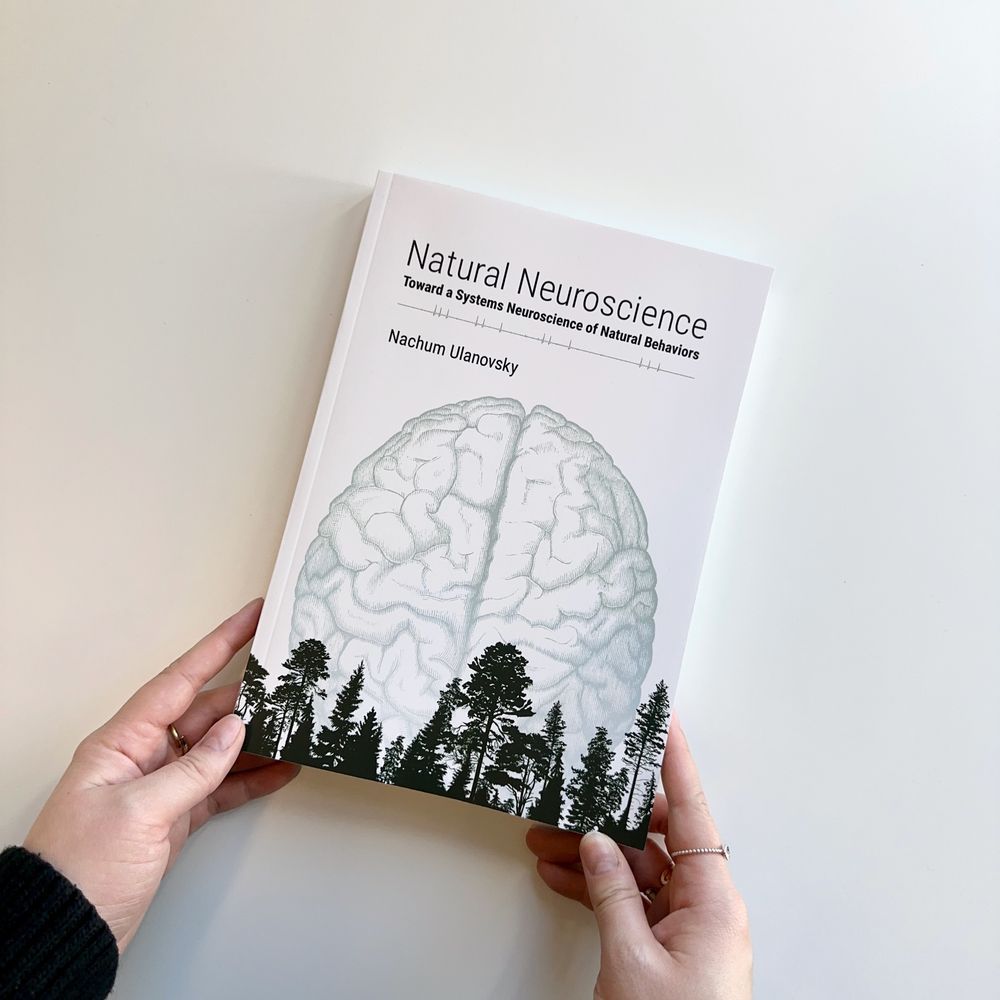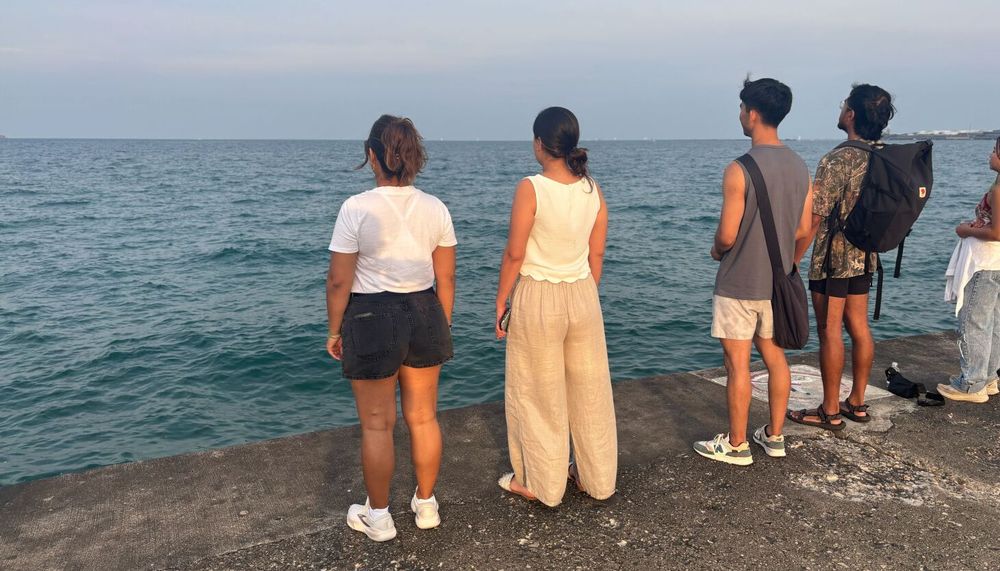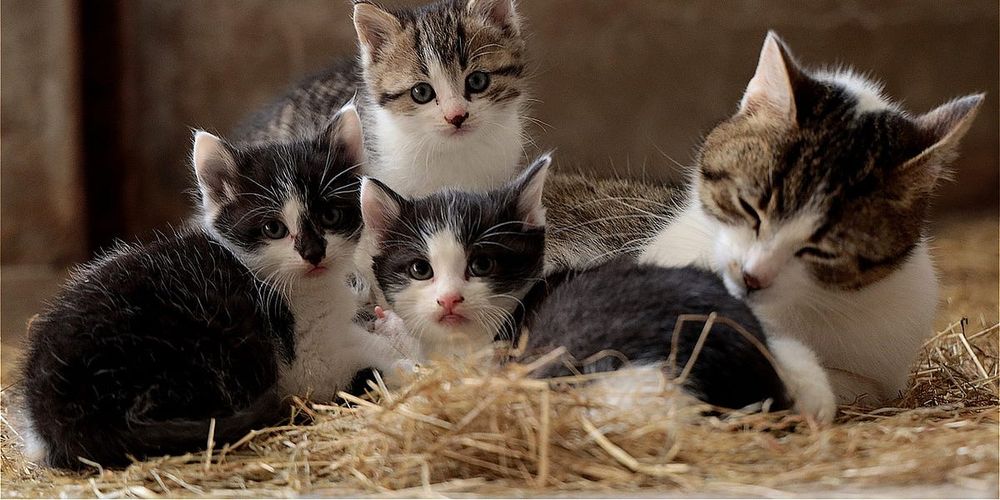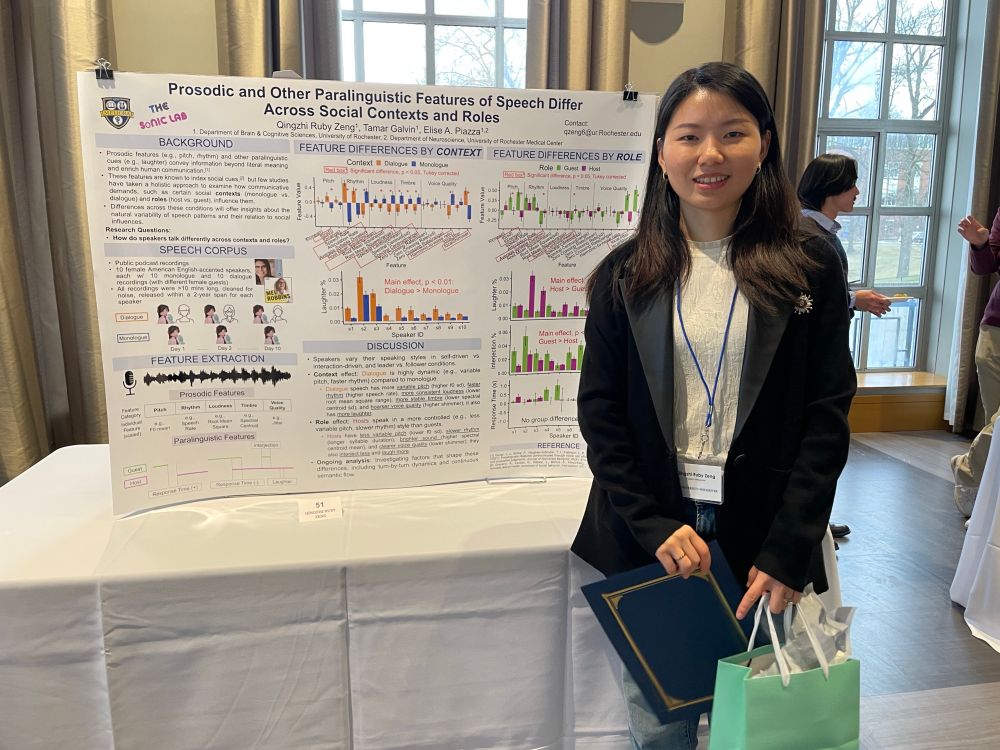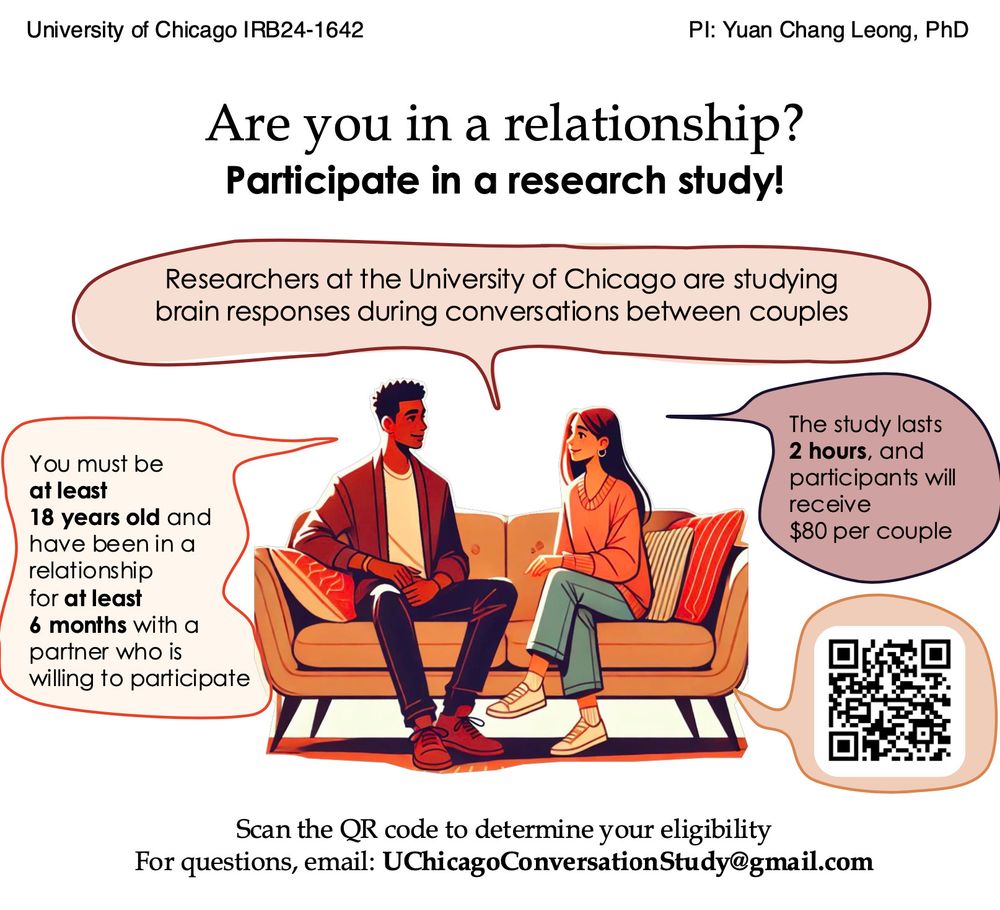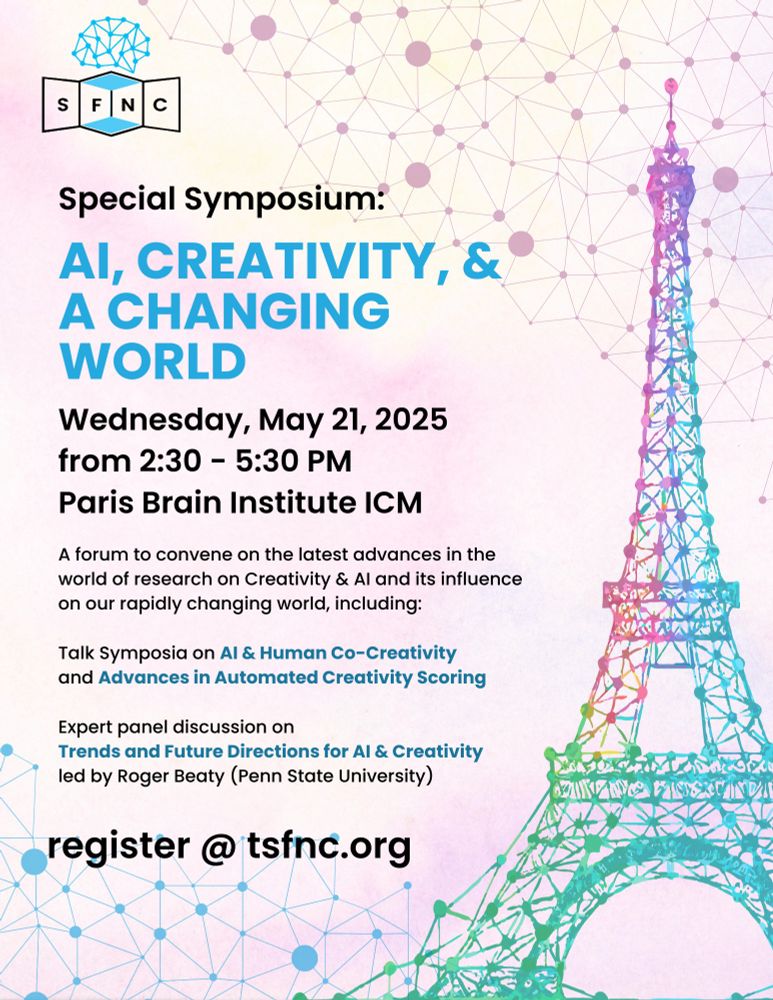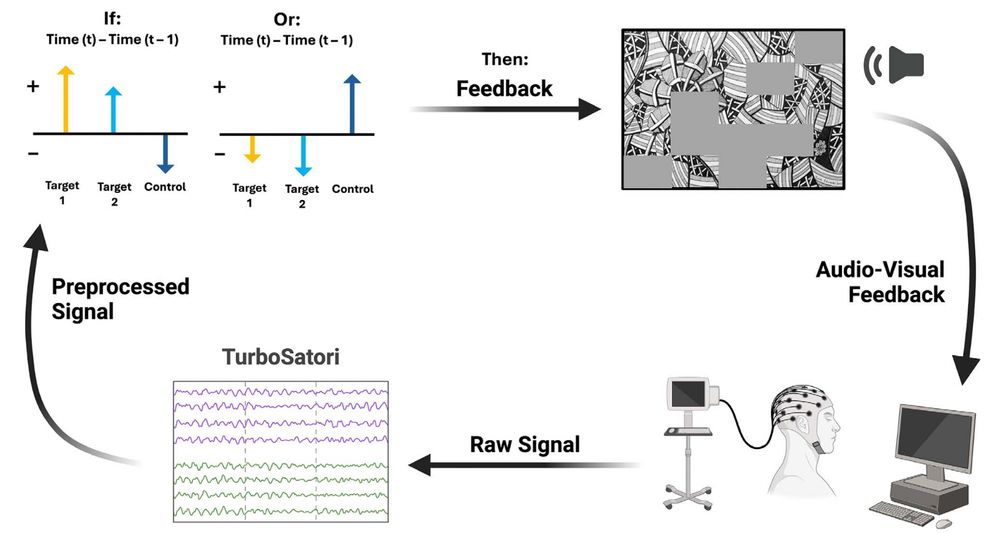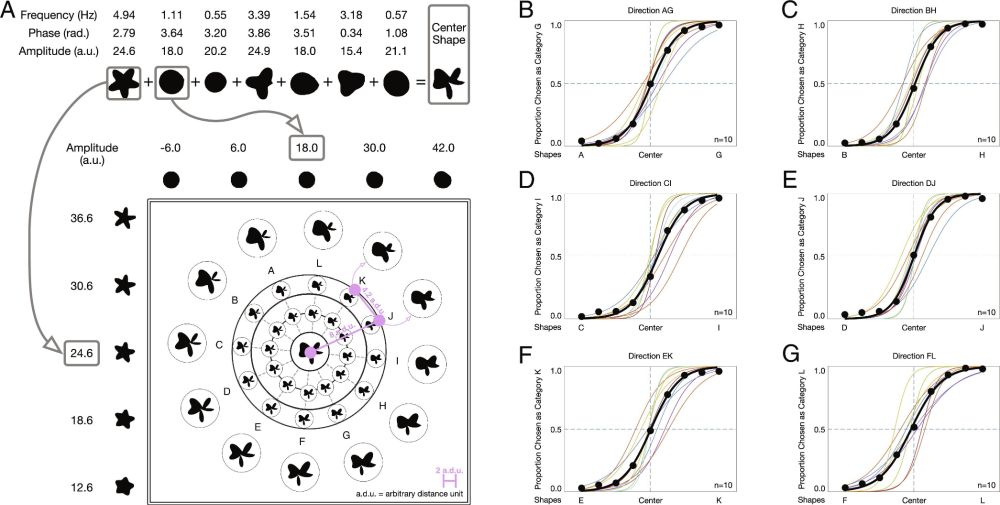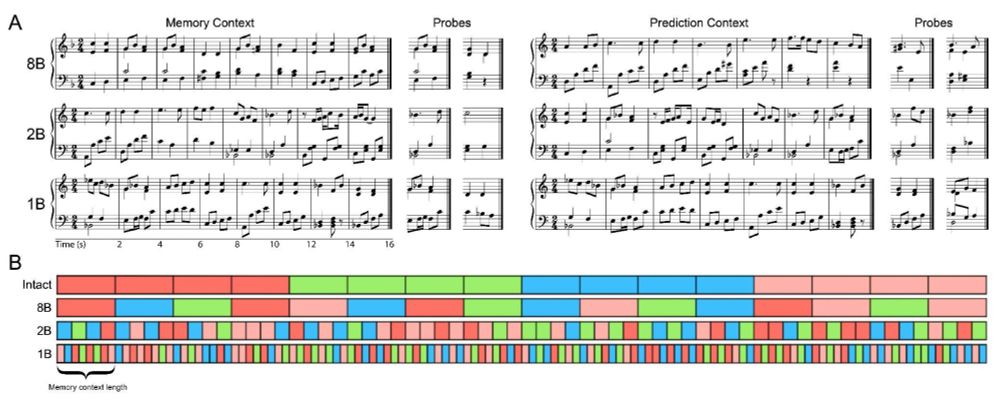Qingzhi Ruby Zeng
@qingzhirubyzeng.bsky.social
200 followers
350 following
8 posts
PhD Candidate @University of Rochester | Researching speech and communication 💬 | Fascinated by individual differences in social interaction 👥 | She/her 🇨🇳
Posts
Media
Videos
Starter Packs
Reposted by Qingzhi Ruby Zeng
Reposted by Qingzhi Ruby Zeng
Gasper Begus
@begus.bsky.social
· Jul 14
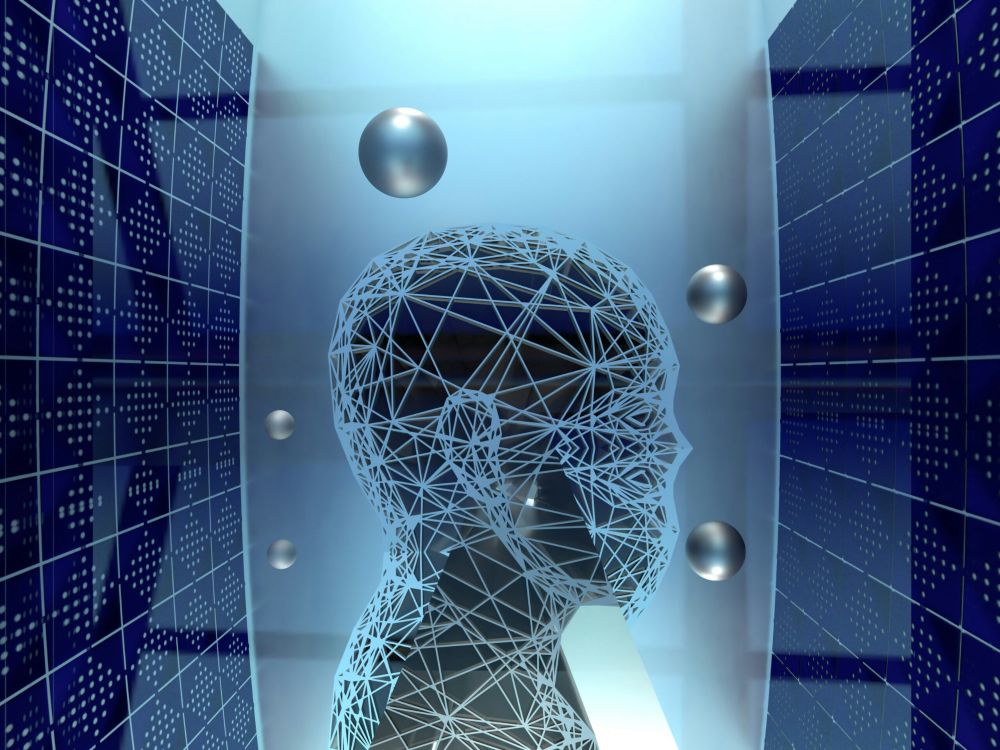
As chatbots get smarter, humans' unique language abilities are becoming less special - Berkeley News
UC Berkeley researchers say large language models have gained "metalinguistic ability," a hallmark of human language and cognition no other animal has displayed.
news.berkeley.edu
Reposted by Qingzhi Ruby Zeng
PsyArXivBot
@psyarxivbot.bsky.social
· Jul 14
Reposted by Qingzhi Ruby Zeng
Reposted by Qingzhi Ruby Zeng
Reposted by Qingzhi Ruby Zeng
Reposted by Qingzhi Ruby Zeng
Reposted by Qingzhi Ruby Zeng
Yuan Chang Leong
@ycleong.bsky.social
· Mar 13
Hayoung Song
@hayoungsong.bsky.social
· Mar 13
Reposted by Qingzhi Ruby Zeng
Reposted by Qingzhi Ruby Zeng
Jin Ke
@jinke.bsky.social
· Apr 17
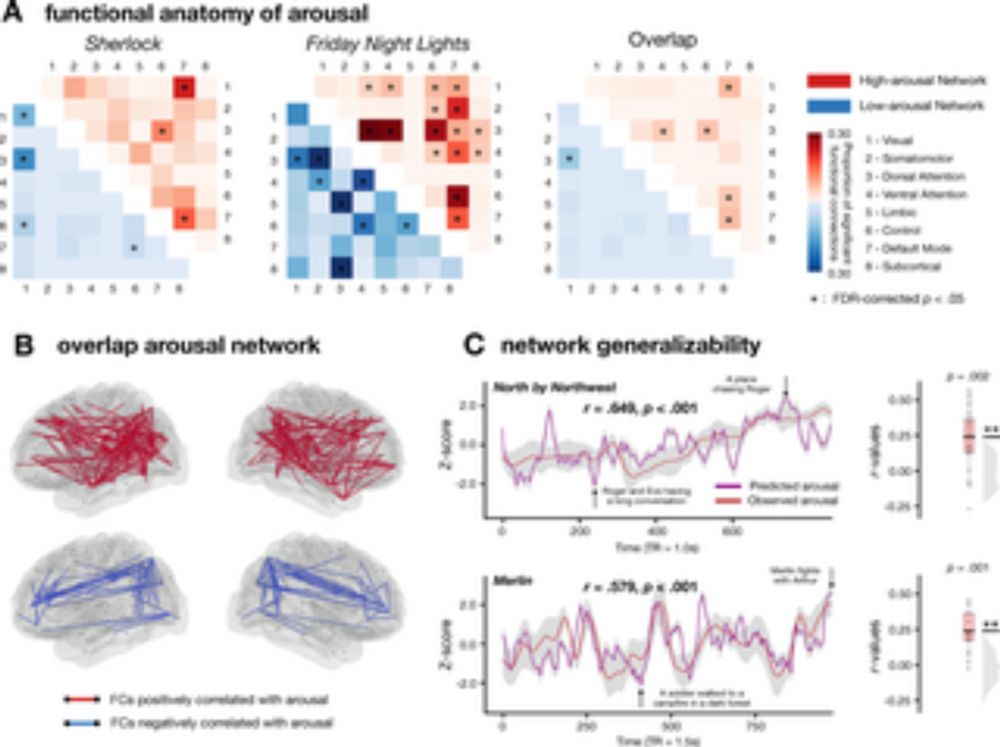
Dynamic brain connectivity predicts emotional arousal during naturalistic movie-watching
Author summary This study explores how the brain represents two key dimensions of emotional experience: valence (how positive or negative an experience feels) and arousal (the level of emotional activ...
dx.plos.org
Reposted by Qingzhi Ruby Zeng
Reposted by Qingzhi Ruby Zeng
Rob Chavez
@robchavez.bsky.social
· Apr 17
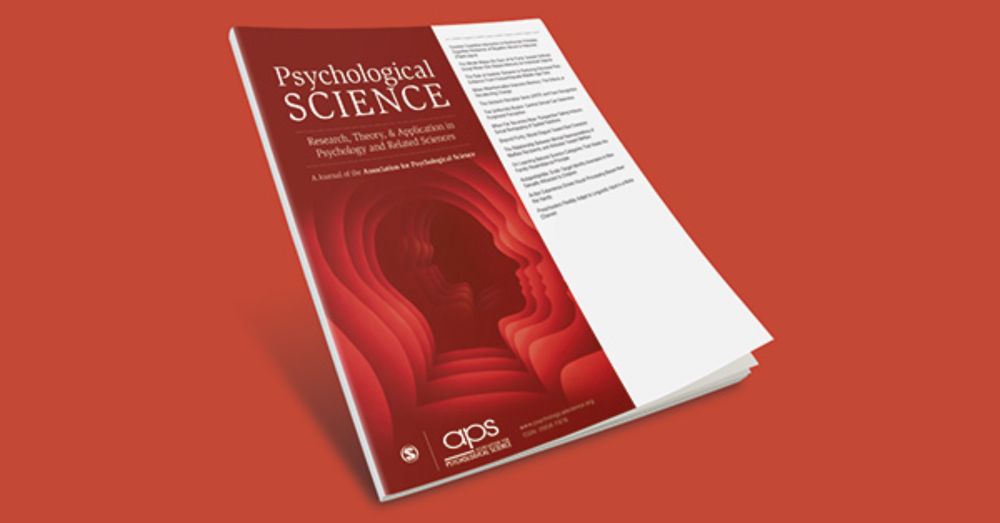
Person Knowledge Is Independently Encoded by Allocentric and Egocentric Reference Frames Within Separate Brain Systems - Robert S. Chavez, Taylor D. Guthrie, Jack M. Kapustka, 2025
Knowing the similarities among others is critical for navigating our social environments and building relationships. However, people can evaluate the similarity...
journals.sagepub.com
Reposted by Qingzhi Ruby Zeng
Reposted by Qingzhi Ruby Zeng
Reposted by Qingzhi Ruby Zeng
Reposted by Qingzhi Ruby Zeng
Mark Rubin
@markrubin.bsky.social
· Sep 15
Reposted by Qingzhi Ruby Zeng
